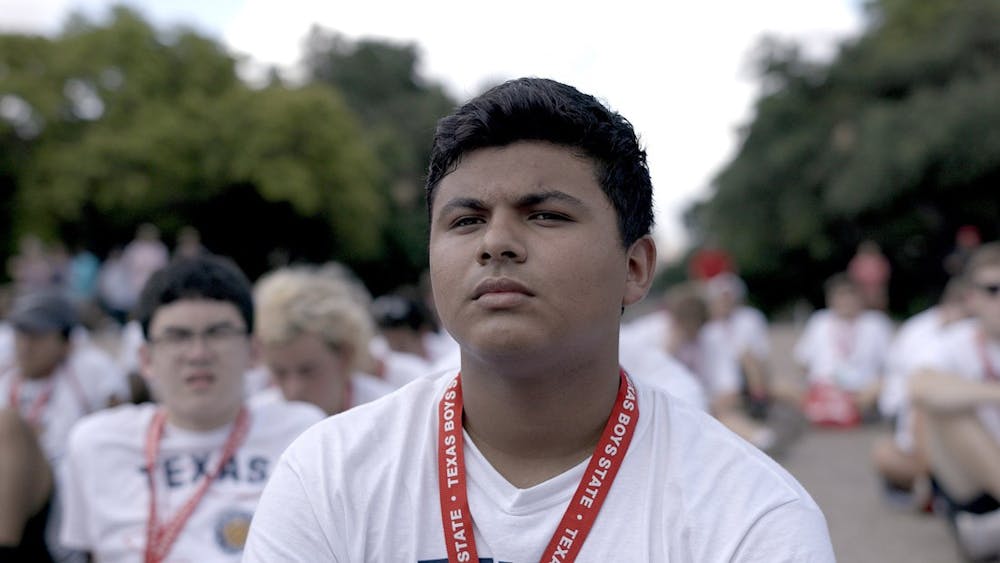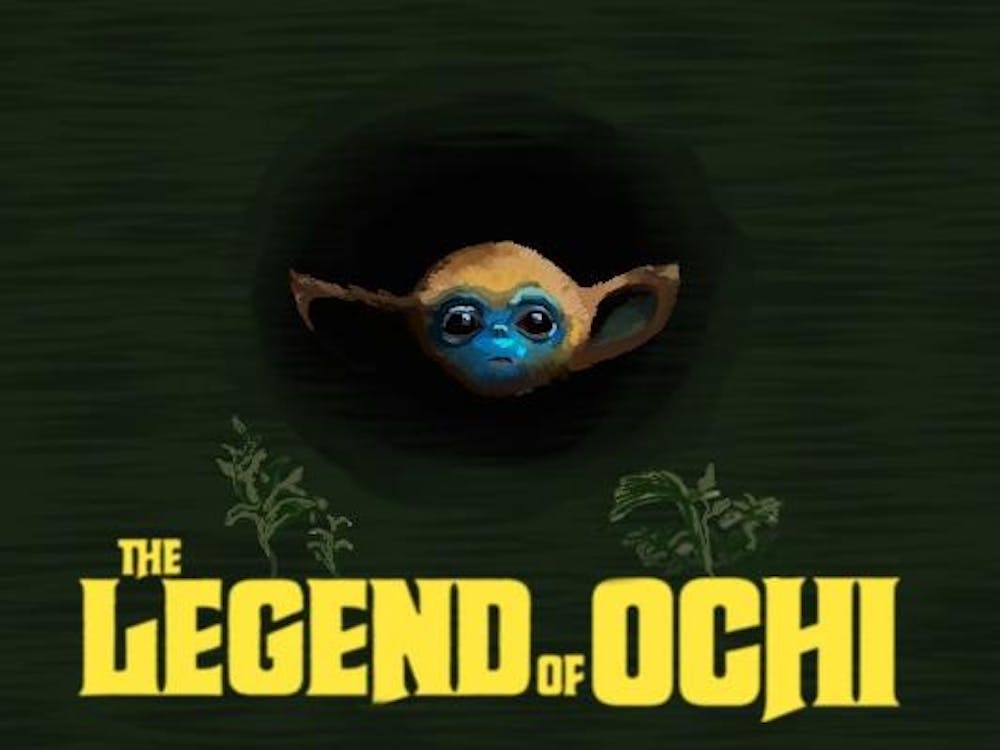For the past 85 years, the American Legion has brought together hundreds of young men in each state for a week-long governmental simulation in which participants elect representatives and form their own democracy. The result is a week of intense campaigning, brutal mudslinging and a fascinating race to win the top office of governor, as seen in the documentary “Boys State,” which was featured at the Virginia Film Festival this Saturday.
The documentary was introduced by U.S. Senator Tim Scott, R-S.C., a former Boys State participant himself. Senator Scott noted how Boys State showcases the future leaders of America, and remarked how his time at Boys State inspired him to pursue a career in public service. Scott is not the only prominent political figure to have emerged from the program, as the opening credits of the film feature pictures of a young President Bill Clinton and Justice Antonin Scalia during their own times at Boys State.
The documentary focuses on the story of the 1,200 participants of Texas Boys State in 2018, and introduces viewers to a diverse group of politically minded teenagers, including protagonist Steven Garza, the son of an immigrant; Ben Feinstein, an ambitious double-amputee; Robert MacDougall, a staunch conservative with his eyes set on Westpoint; and Renè Otero, a Chicago native determined to make his mark. As soon as the participants arrive at Boys State it’s off to the races, with each developing strategies, wooing the competition and chasing the opportunity for power.
The documentary provides an insightful look at what politics and democracy would look like in the hands of the future leaders of tomorrow. At times, this look is one which inspires confidence as the young men are able to overcome their differences to work towards the greater good, but at other points it serves as a stark reminder of what a dirty game politics can be, even — and especially — when it’s teenagers pulling the strings. The film demonstrates the profound impact that today’s political climate has on young political junkies, as they adopt the strategies and rhetoric that we see in the news today to ensure their own elections to the program’s highest offices. It also provides an often hilarious critique of masculinity, as political campaigns devolve into competitions of who can yell the loudest and come up with the most outrageous proposals. “Our masculinity shall not be infringed,” one gubernatorial candidate declares in an attempt to rally support amongst his party.
Accompanying the feature was a conversation between U.Va. Professor Larry Sabato and former Governor of Virginia Terry McAuliffe. During the panel, McAuliffe stressed the importance of programs like Boys State in preparing our future leaders and teaching them the ins and outs of state and local government. He also spoke about ways in which our country can move away from the tricks of dirty politics — which viewers see a lot of in “Boys State” — and make room for civil discourse, noting the role that dark money and gerrymandering have both played.
“This idea that I'm always right and you're always wrong and if you're in the other political party or you support this candidate somehow you're a bad person — we got to get over all that,” McAuliffe said. He further stressed the importance of reaching across the aisle, noting his efforts to do so as a Democratic governor working with a Republican legislature.
Film festival attendees were also given the opportunity to watch a second panel featuring filmmakers Jess Moss and Amanda McBaine, as well as one of the subjects of the documentary Steven Garza. The panel was also moderated by Professor Sabato.







